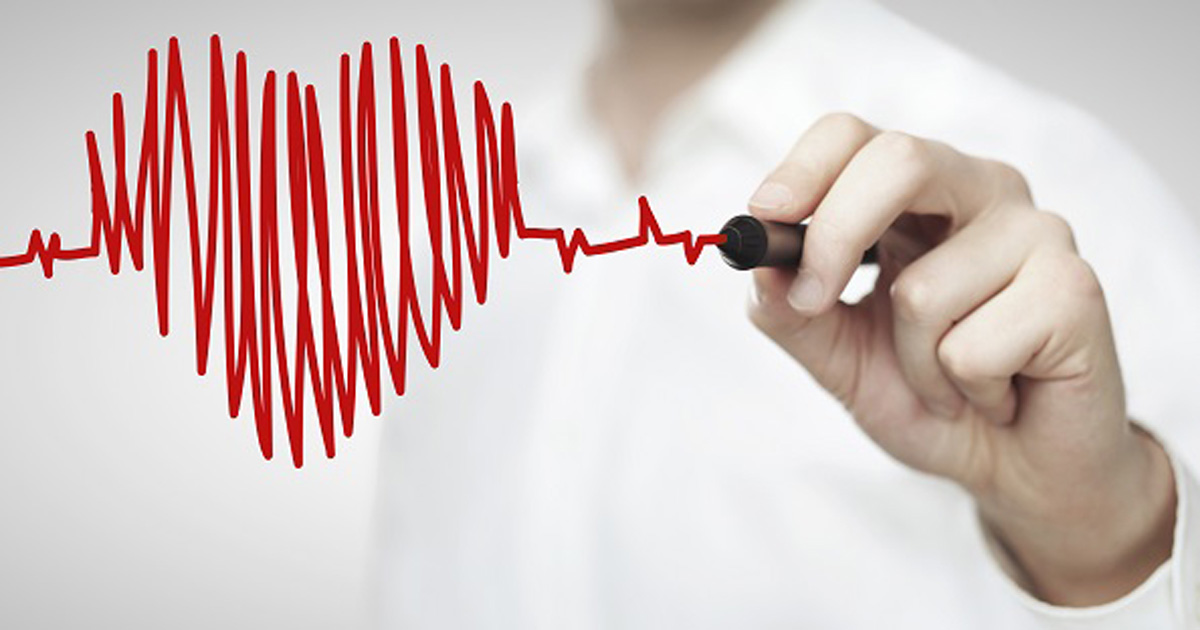
Catheter-based cardioneural ablation safe, effective for recurrent fainting, according to UArizona COM-P report
A new report from the University of Arizona’s College of Medicine – Phoenix shows a novel catheter-based cardioneural ablation procedure reduced symptoms of vasovagal syncope by as much as 80% for patients with symptoms despite medical intervention and behavioral modification who did not desire permanent pacing.
Early published reports of cardioneural ablation have shown promise for the relief of autonomically mediated bradycardia; however, cases are typically performed on a compassionate basis and there is a paucity of data on of multicenter experiences, according to Roderick Tung, MD, FHRS, chief of cardiology at the University of Arizona College of Medicine, Phoenix.
“When we do catheter ablation, we are usually going after an arrhythmia, usually tachycardia,” Tung said during a press conference at Heart Rhythm 2022. “To use the same catheter tools and try to do neuromodulation is a paradigm shift. There is a particular group of patients that is relatively young and may experience a simple faint, which we call vasovagal syncope. Those people have a very severe cardioneural reflex. There are few good solutions for autonomic bradycardia. There is behavioral modification and medial therapy has failed. The idea that we can take a catheter and rebalance the neural wiring of the autonomic state of the heart is very novel.”
Read the rest of the story on Healio.com.
More news from the PBC
- Bird flu: Your questions on symptoms, spread and safety answered
- Arizona Startups Awarded Over $50,000 At IDEA Funding 2025 Pitch Competition
- A new university prototype for a thriving world
- Graduate students shine at annual 3-Minute Research Presentation finals
- Arizona biosciences set record highs in research funding, show increasing competitiveness
- Mayor’s Impact Driven Roundtable with HealthTech Leaders
- XLR8 PBC Ushers in a New Wave of Health Tech Innovation
